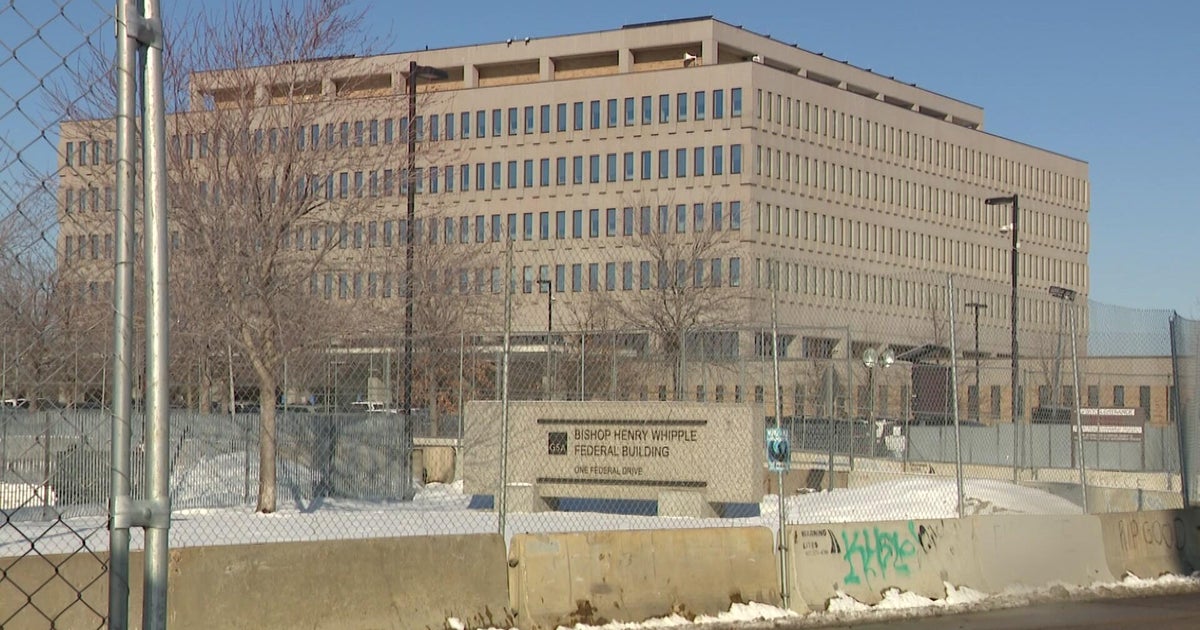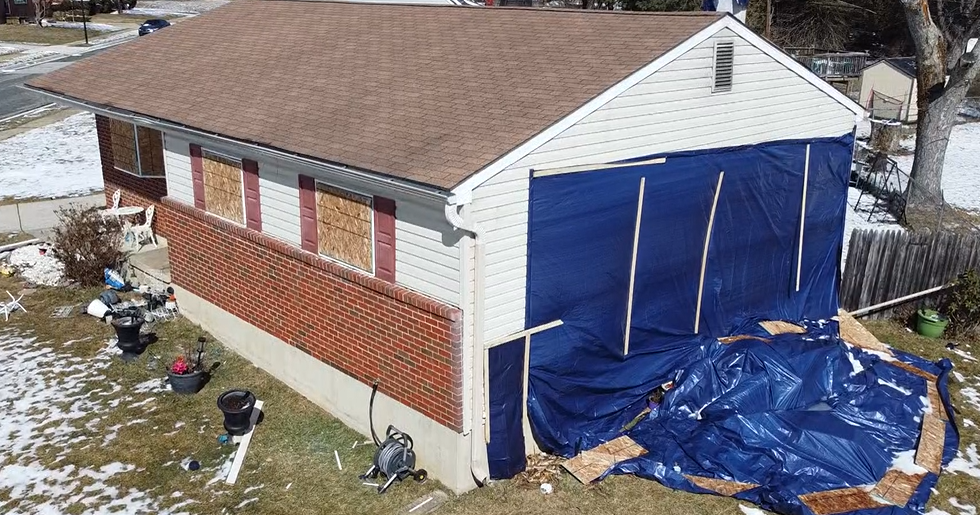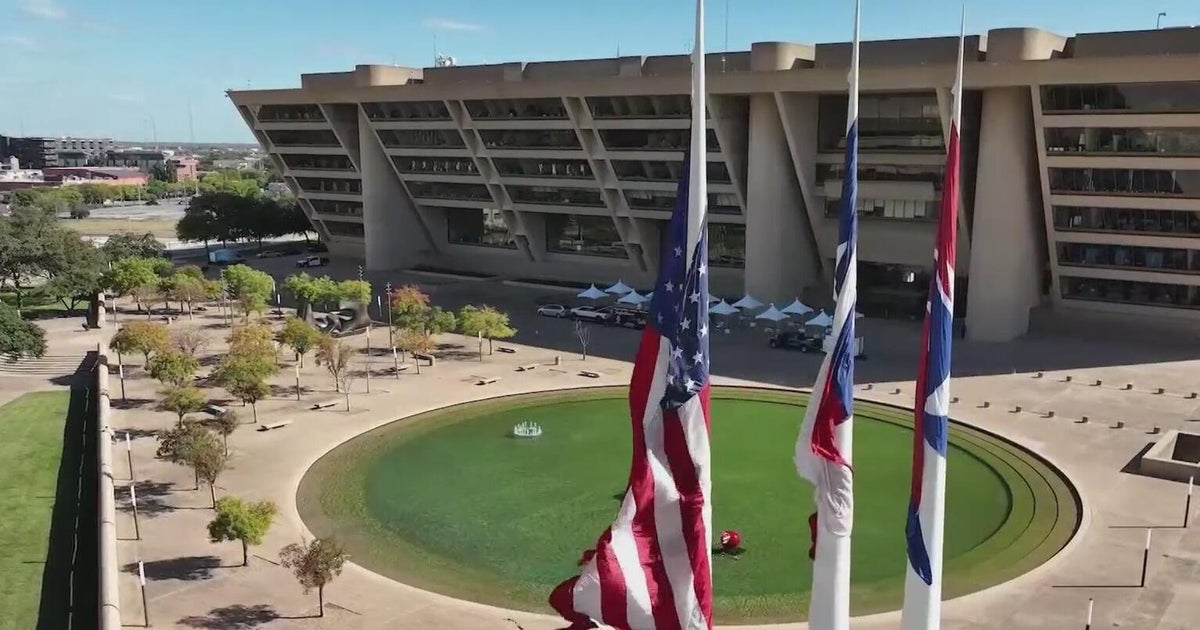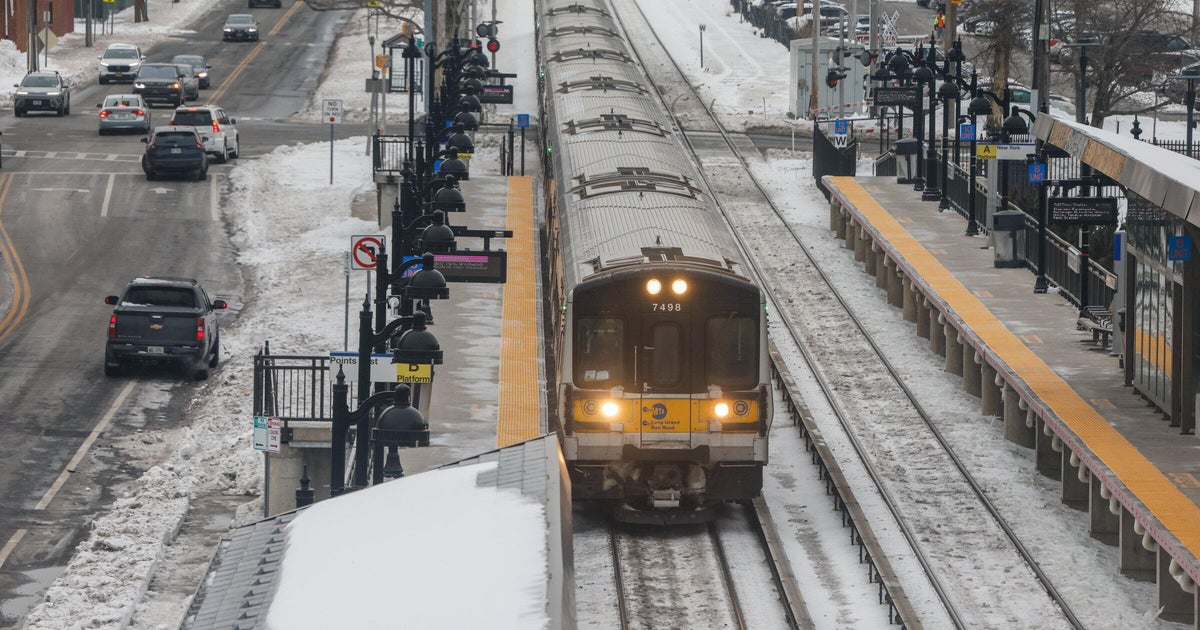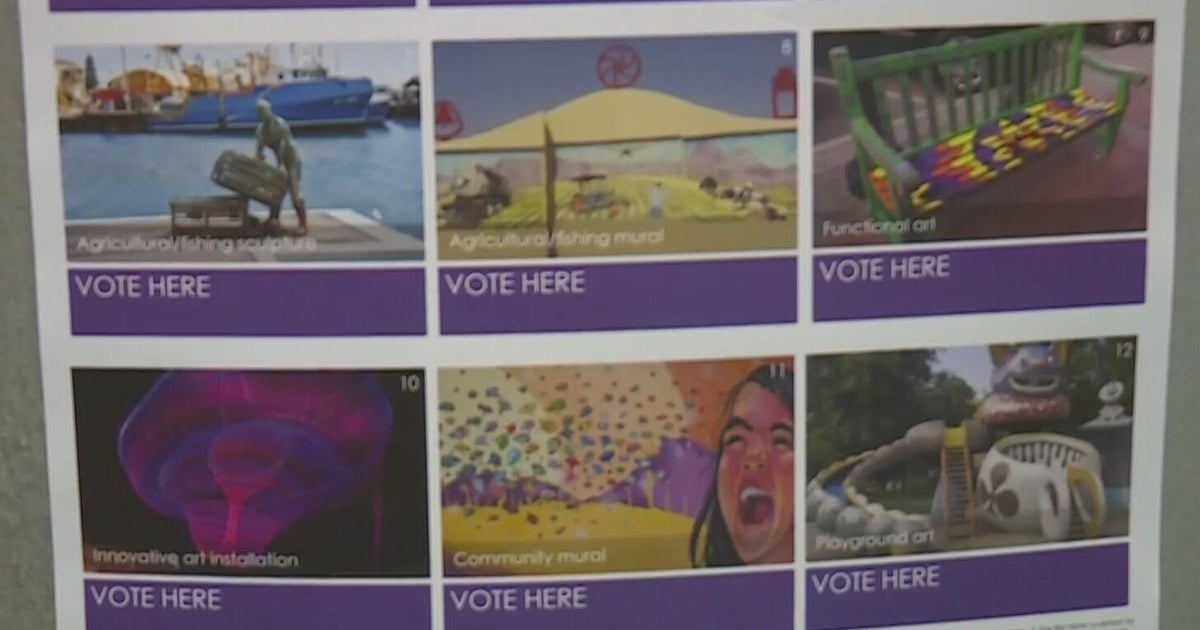Hmong Convention In Mpls Grabs White House Attention
MINNEAPOLIS (WCCO) -- The White House wants to know more about Minnesota's Hmong population – a group that is growing nearly twice as fast as similar populations across the country.
Top Washington officials came to Minneapolis over the weekend to attend the fifteenth annual Hmong National Conference in downtown, where an estimated 1,000 Hmong leaders gathered to discuss the future of their community.
For the first time, the White House Initiative for Asian Americans and Pacific Islanders discussed major federal policy recommendations for the Hmong and other populations in what they call a road map for the Asian American and Pacific Islander community. The commission presented the first of its kind report to President Obama recently, in which 23 federal agencies proposed ways for Asian populations to increase access to federal programs.
White House figures show the nation's Asian population became the fastest growing race over the past decade, experiencing a 43 percent increase from 2000 to 2010, according to new figures from the U.S. Census Bureau.
"Many of the concerns are the same when I came into this country -- language access, health disparities," said Doua Thor, executive director of the Southeast Asia Resource Action Center. "Some of them are new, have to do with young people who are fully educated, looking for jobs like any other Americans."
In Minnesota, Hmong leaders want to know how public services meet the growing population's need. Concerns voiced at the conference ranged from economic development to health care, poverty, education, housing and domestic violence.
"To collectively talk about our post-refugee era, beginning a new chapter of Hmong Americans, how do we move the community forward?" said Bao Vang, the president of the Hmong National Development, Inc. "We are a very young community, the average age is 20 - that is how young our community is."
Vang said the Hmong community needs to boost its graduation rate, and close achievement gaps.
"There is also a huge issue between our boys and our girls, our girls are more accomplished and ambitious and successful, and our boys are sort of lagging behind," Vang said.
Yue Pheng owns the Hmong ABC bookstore in the Hmongtown marketplace on Como Street in St. Paul. He says he sees this trend in his own family.
"Our children born and growing up in this country don't seem to have motivation to pursue higher education compared to my generation," Pheng said.
With a third generation of Hmong Americans in Minnesota, the White House wants to know how progress here can be a blueprint for the rest of the country.
"In Minnesota in particular, there is been a space where immigrant and refugee communities feel they can make a home," said Kiran Ahuja, the executive director of White House Initiative on Asian Americans and Pacific Islanders. "I think it's also really important for us to see how that is happened in Minnesota and how it's worked."

